The following selections from David Need’s Roses: The Late French Poetry of Rainer Maria Rilke provide an illuminating glimpse into the ways Rilke uses the rose as motif. The poems seek to elucidate how time’s ceaseless transformations do not rectify or allay the contradictions they invoke. The living rose is “fully awake” but discreet, possessing “many pages / of detailed happiness / we will never read.” Rilke is fascinated by these irreducible relationships: the flower’s vitality belies its eventual death; its blooming won’t diminish the impenetrable density of its petals. Clare Johnson’s attending illustrations reinforce Rilke’s assertion that the rose of these poems is “a supple spoken word / framed by the text of things” and that this “framing” constitutes a relationship binding our transitory hopes to “the tender moments / in the continual departure.”
—Dan Holmes

Roses
Rainer Maria Rilke
Translation by David Need
Illustrations by Clare Johnson
Horse & Buggy Press, 2014
224 pages, $27.34
I
Si ta fraîcheur parfois nous étonne tant,
heureuse rose,
c’est qu’en toi-même, en dedans,
pétale contre pétale, tu te reposes.
Ensemble tout éveillé, dont le milieu
dort, pendant qu’innombrables se touchent
les tendresses de ce coeur silencieux
qui aboutissent à l’extrême bouche.
I
If your blooming sometimes so astonishes us,
happy rose,
it’s that, petal against petal, you rest
within yourself, inside.
Fully awake, your petals, whose surroundings
sleep, though numberless, meet
this silent heart’s tendernesses
which end in these urgent lips.
II
Je te vois, rose, livre entrebaîllé,
qui contient tant de pages
de bonheur détaillé
qu’on ne lira jamais. Livre-mage,
qui s’ouvre au vent et qui peut être lu
les yeux fermés…,
dont les papillons sortent confus
d’avoir eu les mêmes idées.
II
I see you, rose, book half-opened,
having so many pages
of detailed happiness
we will never read. Mage-Book,
which is opened by the wind and can be read,
eyes shut …
from which butterflies scatter, confused
to have had the same ideas.
VI
Une rose seule, c’est toutes les rose
et celle-ci: l’irremplaçable,
le parfait, le souple vocable
encadré par le texte des choses.
Comment jamais dire sans elle
ce que furent nos espérances,
et les tendres intermittences
dans la partance continuelle.
VI
A single rose, it’s every rose
and this one—the irreplaceable one,
the perfect one—a supple spoken word
framed by the text of things.
How could we ever speak without her
of what our hopes were,
and of the tender moments
in the continual departure.
XIV
Été: être pour quelques jours
le contemporain des roses;
respirer ce qui flotte autour
de leurs âmes écloses.
Faire de chacune qui se meurt
une confidente,
et survivre à cette soeur
en d’autres roses absente.
XIV
Summer: to be for a few days
the contemporary of roses;
to breath what drifts about
their blooming spirits.
To make of each who dies,
a confidant,
and to outlive this sister
among the other, wandering roses.
XVIII
Tout ce qui nous émeut, tu le partages.
Mais ce qui t’arrive, nous l’ignorons.
Il faudrait être cent papillons
pour lire toutes tes pages.
Il y en d’entre vous qui sont comme des dictionnaires;
ceux qui les cueillent
ont envie de faire relier toutes ces feuilles.
Moi, j’aime les roses épistolaires.
XVIII
All that we feel, you share,
yet we ignore what happens to you.
There would have to be a hundred butterflies
to read all your pages.
There are ones among you like dictionaries;
those who gather these
are tempted to bind all the pages.
Me? I like the roses which are letters.

.
David Need (translator) is an Ohio/Massachusetts boy who has lived in Durham, North Carolina since 1994. David’s academic background is in Asian Religions; he has taught at Duke University in the Department of Religion and the Slavic and Eurasian Studies Department since 1997. His poetry and essays on poetry have appeared in Hambone, Talisman, Golden Handcuffs Review, Spoke, and Oyster Boy. Since 2009, he has curated an occasional long-poem reading series “Arcade Taberna.” David’s chapbook, Offshore St. Mark, is scheduled to be published by Three Count Pour in 2014.
.
.
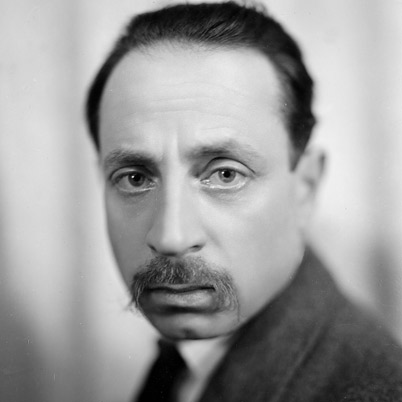
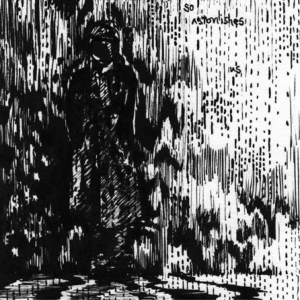
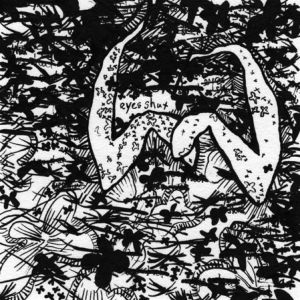
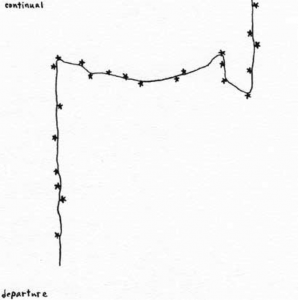
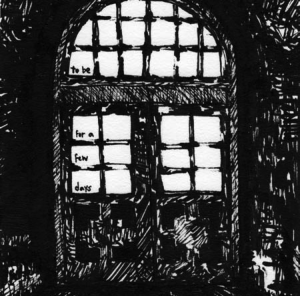
I have found these so difficult to try to translate. Congratulations on your work.
Beautiful! Roses are among my favorite blooms. “The perfect one – a supple spoken word.” Yes! Thank you for sharing.